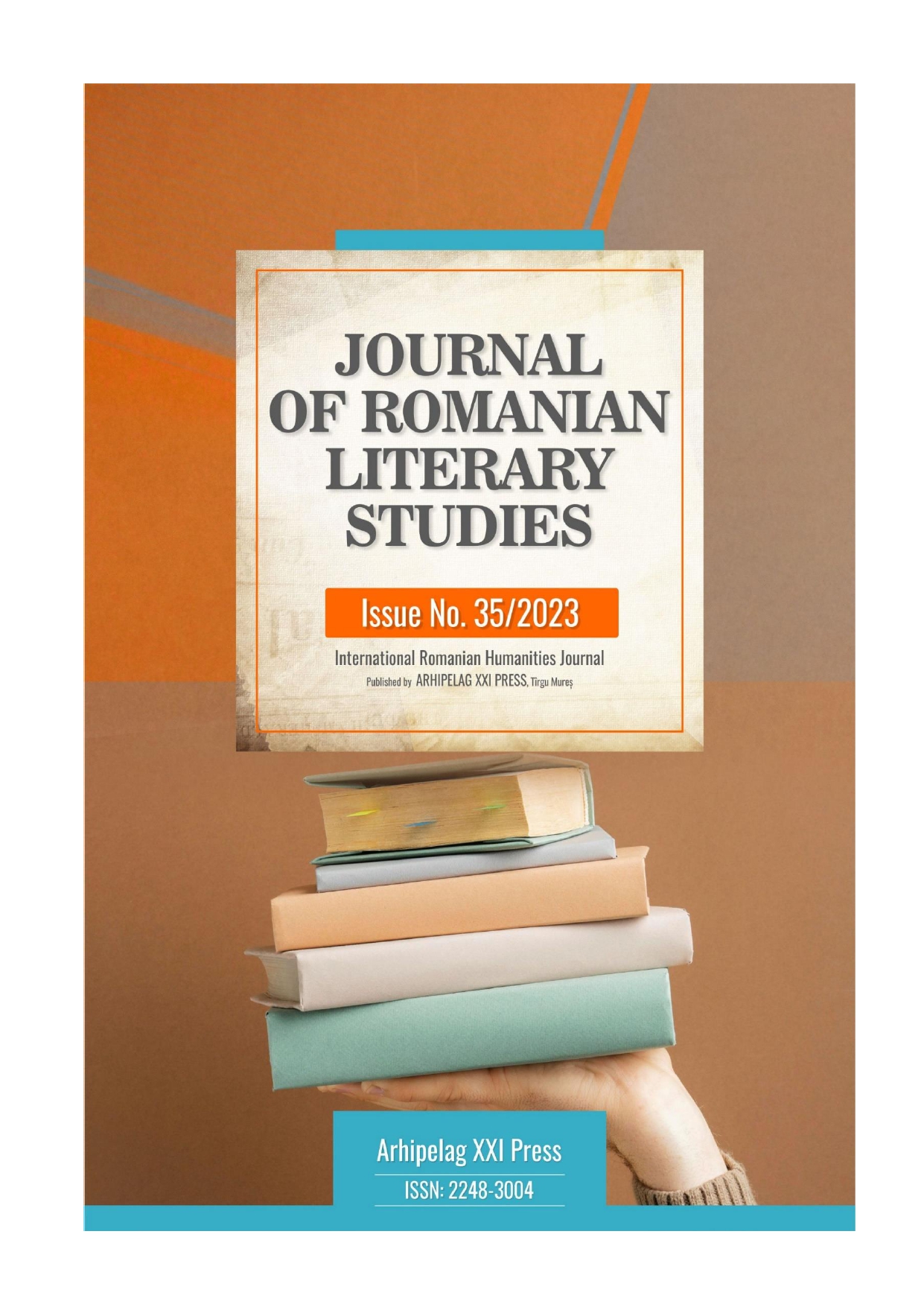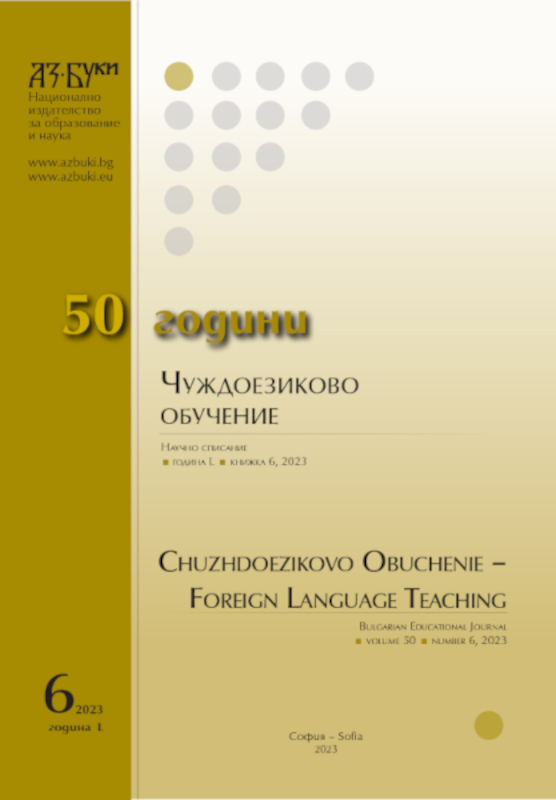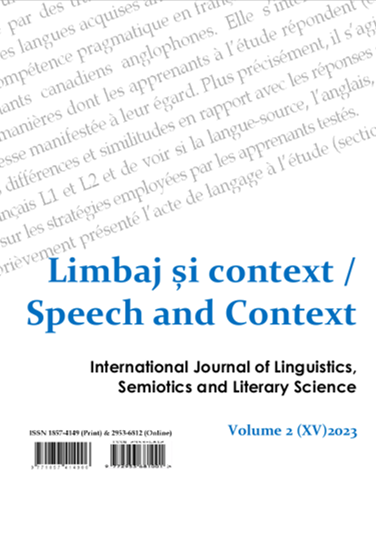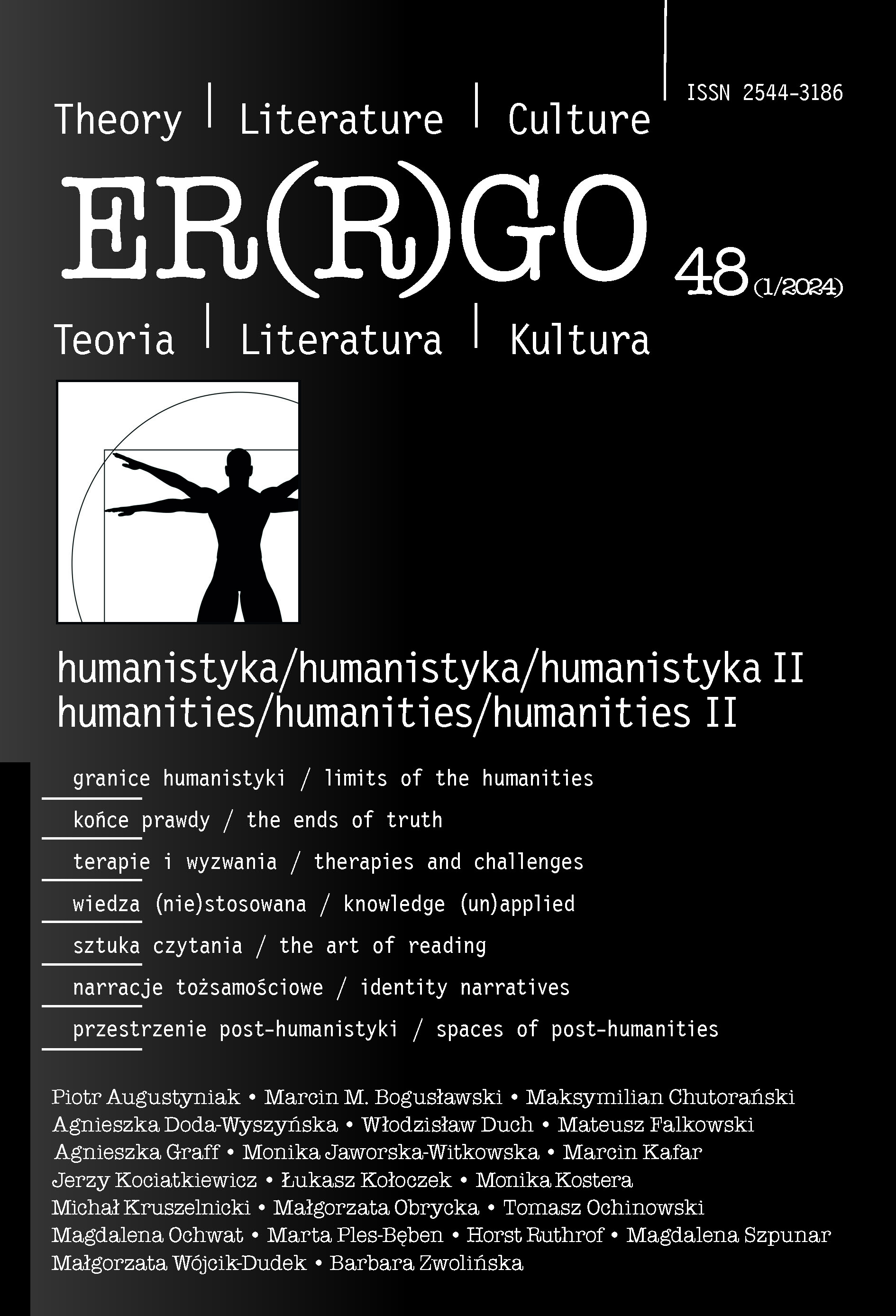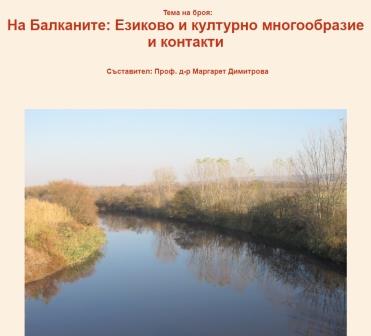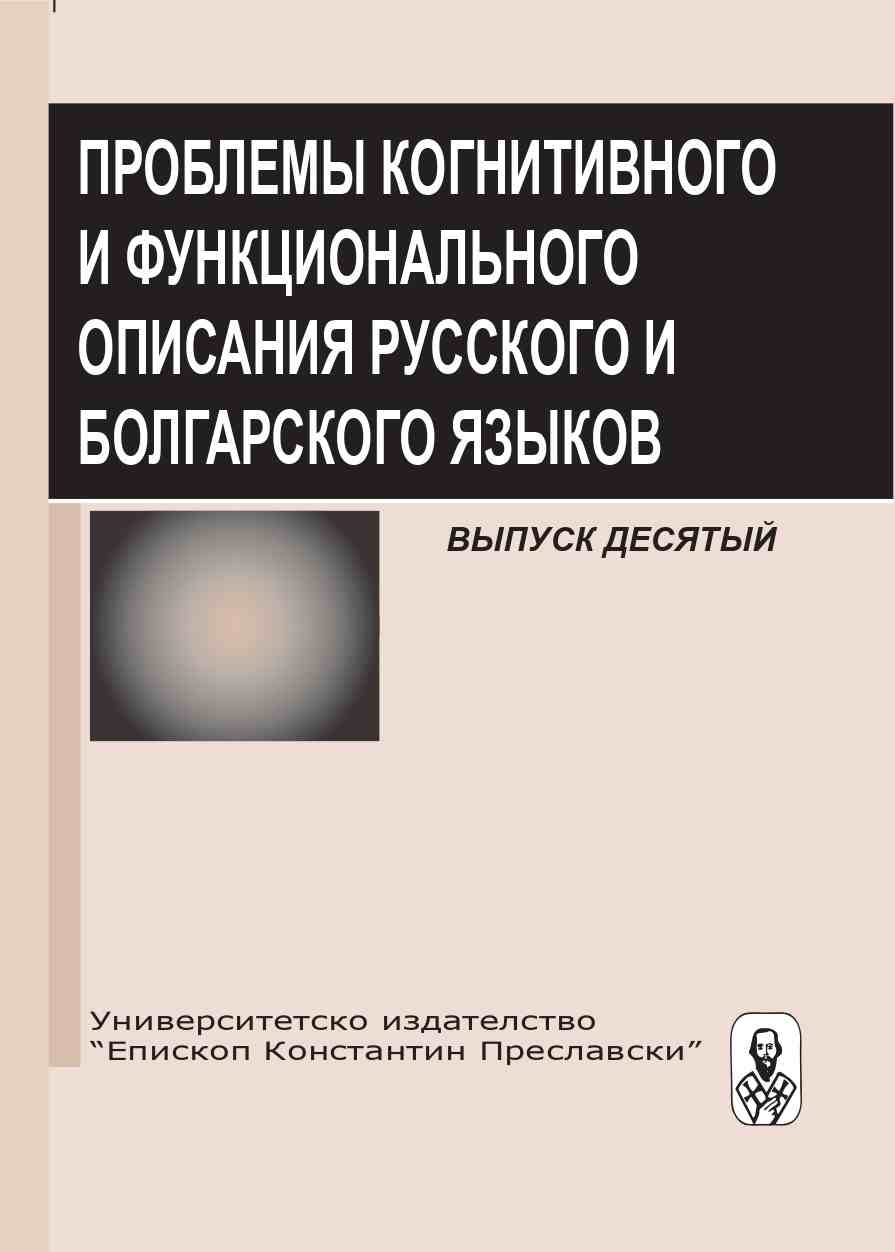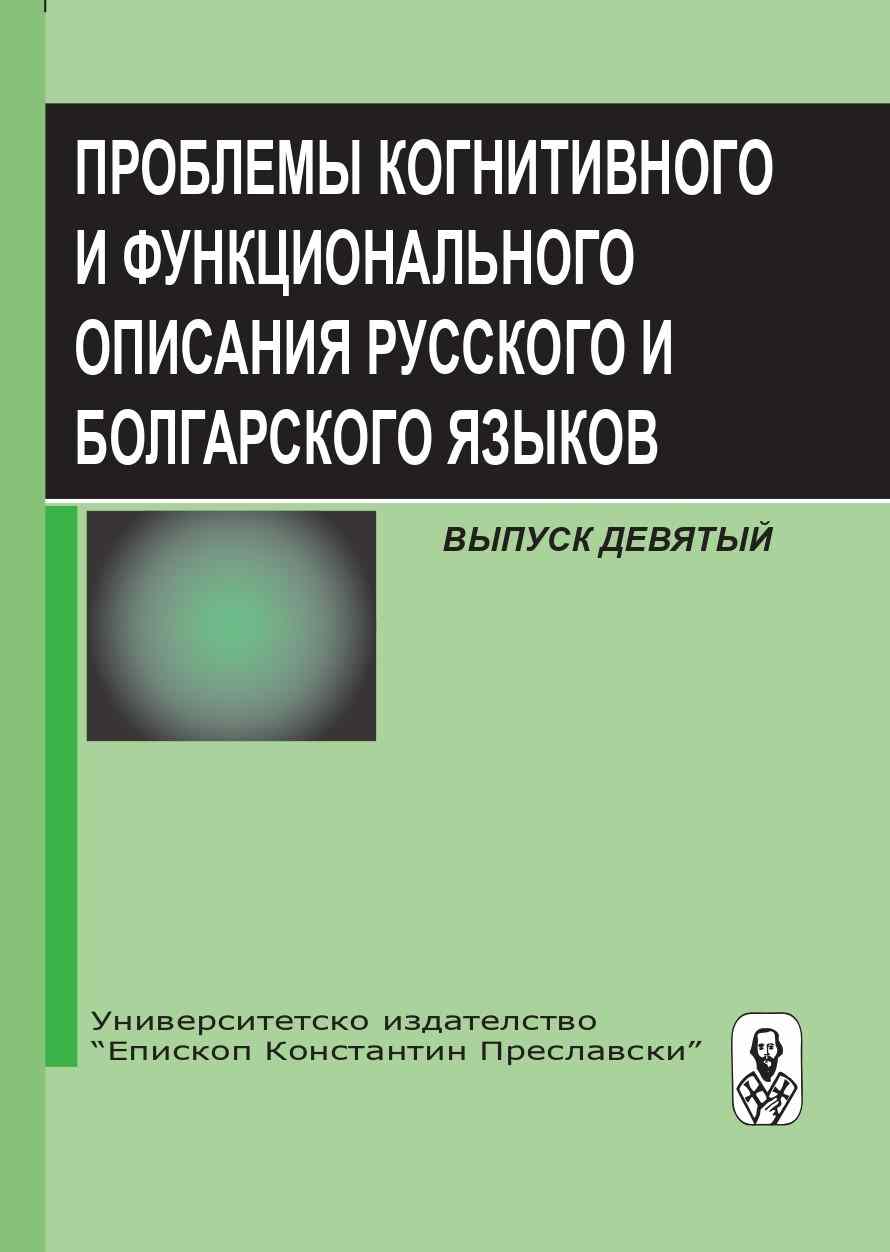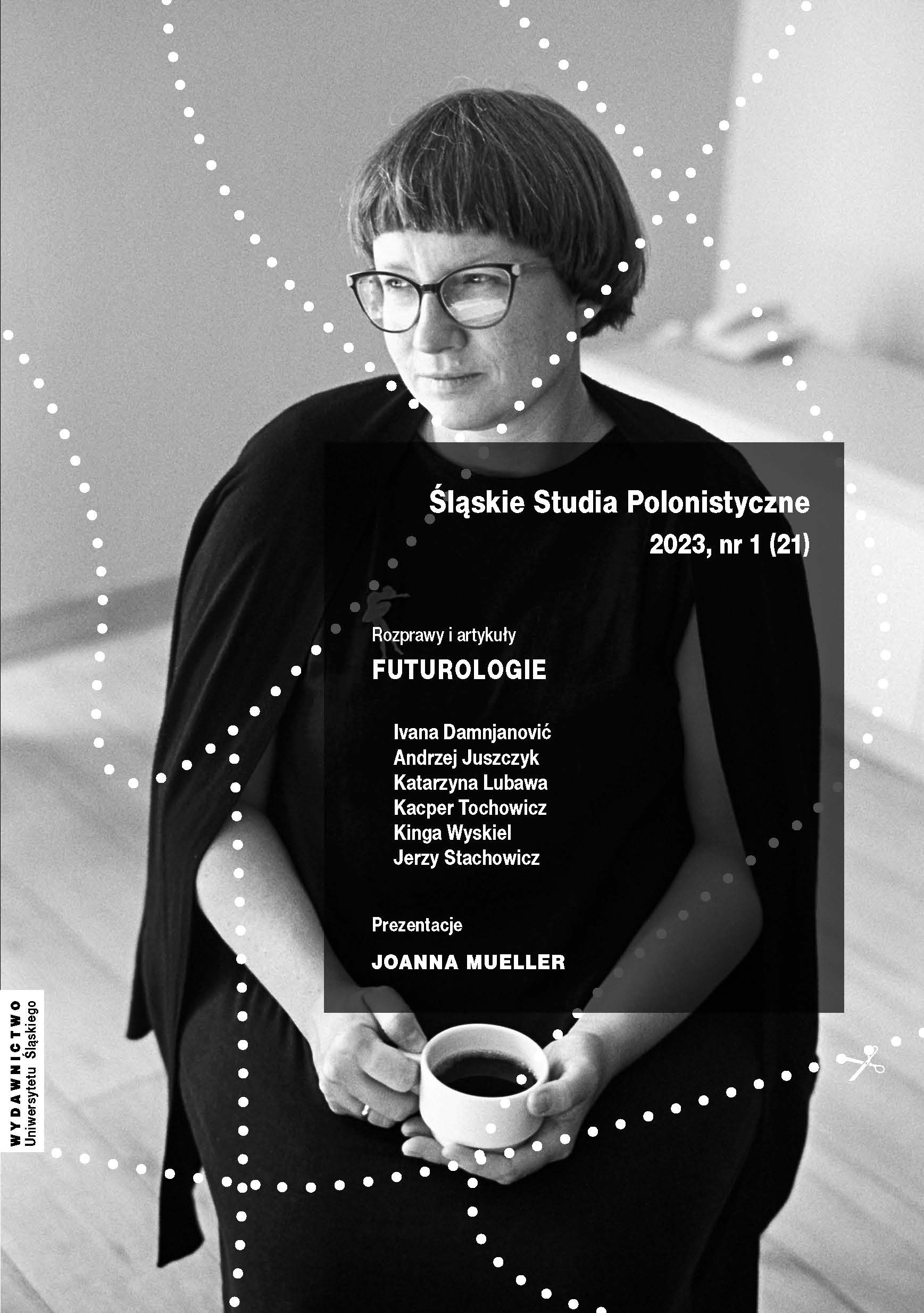
Fully Automated Luxury Gay Space Communism: The Case of Iain M. Banks’ „Culture”
The Culture series created by Scottish author Iain (M.) Banks consists of nine novels, one novella and a couple of short stories situated in the same fictional universe. The eponymous Culture is a space-faring (and spacedwelling) civilization, a conglomeration of several humanoid species and sentient machines, most intellectually powerful beings called The Minds. Technological advances made the Culture a post-scarcity society focused on the maximization of personal freedom. The character of its socio-political structure, however, is somewhat unclear. Based on the differences between its internal and external politics, scholars have mostly placed the Culture within the categories of Utopia and Empire. This is, as the present paper argues, a false dilemma since the Culture is simultaneously both and neither of those. The main argument is that the truly adequate label for the political complexities of the Culture civilization was coined only after the untimely death of the author himself – around 2015, when the far (or, some would say, radical) left activists on the Internet coined the phrase Fully Automated Luxury Gay Space Communism. Using both writings of Marx and Engels on the features of communism and Ollman’s systematization of these features, I will try to show that this is indeed the case.
More...
